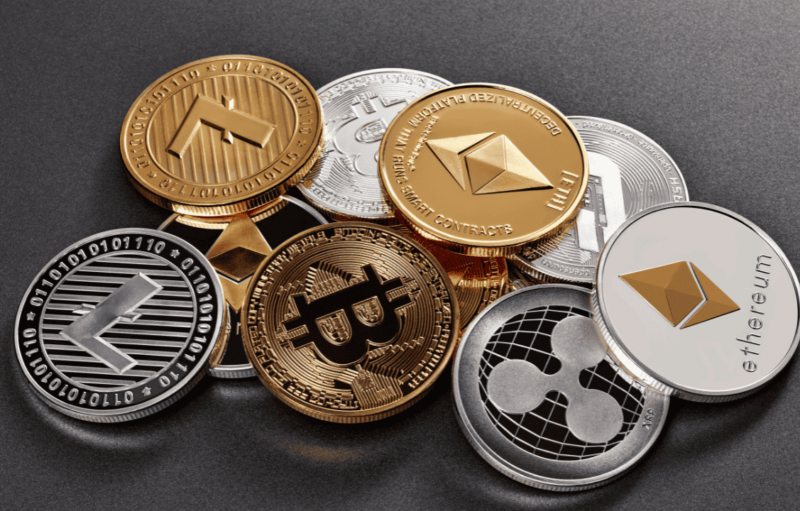

Venezuela’s state-owned oil and gas company PDVSA is reportedly planning to speed up its use of crypto, particularly USDT, the largest stablecoin by market capitalization, to circumvent US sanctions.
The Venezuelan oil company gradually started integrating USDT for oil sales in 2023, and reportedly has a new policy in place mandating new customers to have a digital wallet holding cryptocurrency.
Venezuela Turning to USDT for Oil Exports
According to Reuters, PDVSA’s intention to accelerate USDT usage for crude and fuel exports comes after the United States refused to renew a general license that temporarily lifted sanctions in Venezuela’s oil and gas sector, with the report citing people familiar with the matter.
The general license was issued in October following a promise by President Nicolás Maduro to allow a free and fair election in 2024. With the license allowing sales, Venezuela’s oil export reached 900,000 barrels per day (bpd) in March, recording its highest export in four years.
However, it appears the Maduro-led government failed to uphold its commitment, causing the US not to renew the license and reimpose sanctions on the country.
Due to the absence of a renewal, PDVSA customers and providers have until May 31 to wind down transactions, which could make it increasingly difficult for Venezuela to export oil, according to the Reuters report.
With reimposed oil and gas sanctions, Venezuela’s PDVSA wants to boost the use of USDT, which it started accepting for transactions last year, in order to reduce the risk of profits getting frozen in foreign bank accounts as a result of the sanctions.
In Q1 2024, the Venezuelan oil company moved non-swap spot oil deals to a new contract model that required the value of half of each cargo to be prepaid in USDT.
PDVSA is also reportedly mandating new customers to have a digital wallet holding crypto, a requirement that extended to old contracts that did not specify USDT usage.
Crypto Coming to the Rescue in Venezuela
Meanwhile, crypto for oil and gas transactions is unusual, considering that the US dollar is the dominant and preferred currency used in the global market.
According to a trader who spoke to Reuters, the only way to ensure the use of USDT is through intermediaries, as crypto transactions in the oil sector do not pass any trade compliance department.
However, the reliance on intermediaries for such digital currency transactions while it helps PDVSA circumvent sanctions, will reduce oil proceeds for the company.
This is not the first time Venezuela is turning to crypto to skirt US sanctions. In 2018, the government introduced a state-owned, oil-backed cryptocurrency called Petro.
But the Petro did not enjoy widespread adoption and faced mounting criticism from within and outside Venezuela. Nearly six years after the launch of the project, there were reports that the Venezuelan government decided to end the Petro cryptocurrency in January 2024.
LIMITED OFFER 2024 for CryptoPotato readers at Bybit: Use this link to register and open a $500 BTC-USDT position on Bybit Exchange for free!
The post appeared first on CryptoPotato






